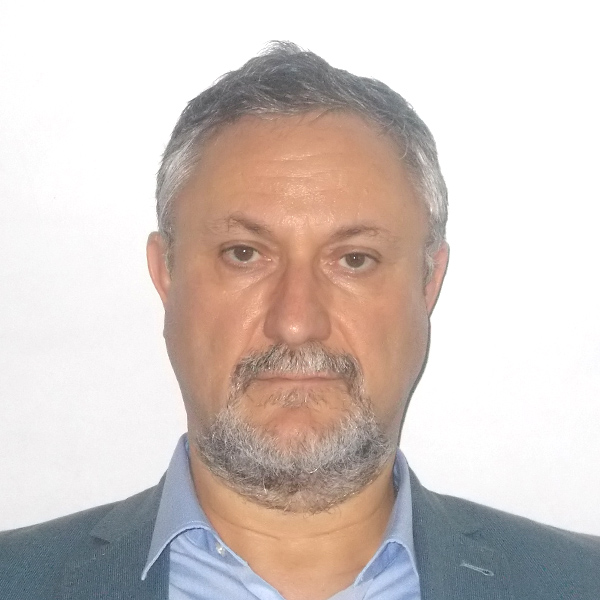Adrian Pop
|
Adresă birou: Bd. Expoziției Nr. 30A, 719 e-mail: pop[at]politice.ro Departament: Departament of Political Science |
|
Adrian Pop is Professor of International Relations with the Faculty of Political Sciences at the National University of Political Science and Public Administration (NUPSPA) in Bucharest, a Ph.D. supervisor of theses in Political Science at the Doctoral School of NUPSA, Chair of the Romania Node of The Millennium Project, and Director of the Centre for Regional and Global Studies within the Romanian Scientific Society for Interdisciplinary Research. He holds a Ph.D. in History from the “Babeş-Bolyai” University in Cluj-Napoca, a Diploma with Honours from the International Academy of Broadcasting, a MA in Political Science from Central European University in Budapest, and over 20 years of experience in interdisciplinary research and trans-institutional collaboration with experts from around the world. A former Visiting Fellow with the Norwegian Nobel Institute in Oslo, International Research Fellow with the NATO Defence College in Rome and Senior Visiting Fulbright Scholar with the University of Maryland, he is a member of various international and national professional associations including European International Studies Association (EISA), Central and East European International Studies Association (CEEISA), Foresight Europe Network (FEN), and World Futures Studies Federation (WFSF). He also sits in the editorial boards of several scholarly journals, including Eastern Journal of European Studies edited by the Centre for European Studies of “Alexandru I. Cuza” University in Iasi and Moldoscopie (Probleme de analiză politică) edited by the State University in Moldova. He has extensively published in the fields of International Relations, geopolitics, security and defence, Cold War history, and history of historiography, a series of books with a particular focus on the Black Sea region, East-Central and South-Eastern Europe, including The Fall of the Soviet Empire: “Lessons” in Retrospect, The Origins and Typology of East European Revolutions, Moldova-Romania: Managing Migration and Combating Trafficking in Human Beings at the EU Eastern Border, Geopolitics, At the Crossroads of Interlocking Subregional Arrangements, and A Phenomenology of Romanian Historical Thinking. In 2012, the Romanian Academy awarded him the “George Bariţiu” prize for his 2010 book titled The Origins and Typology of East European Revolutions. He has participated as coordinator or member in numerous research projects under the aegis of various international organizations, institutions, institutes, research centres and foundations in Europe and America, including the European Union (European Social Fund), the European Commission (DG for Education and Culture), the International Organization for Migration, the European Parliament, the European Institute of Romania in Bucharest, the Peace, Action, Training and Research Institute of Romania in Cluj-Napoca, the Centre for Applied Policy Research at the Ludwig-Maximilians University in Münich, the Bertelsmann Foundation in Gütersloh, the Centre for European Security Studies in Groningen, the Military Centre for Strategic Studies in Rome, the Institute for Regional and International Studies in Sofia, the International Research and Exchanges Board, and the American Council for the United Nations University in Washington. |

